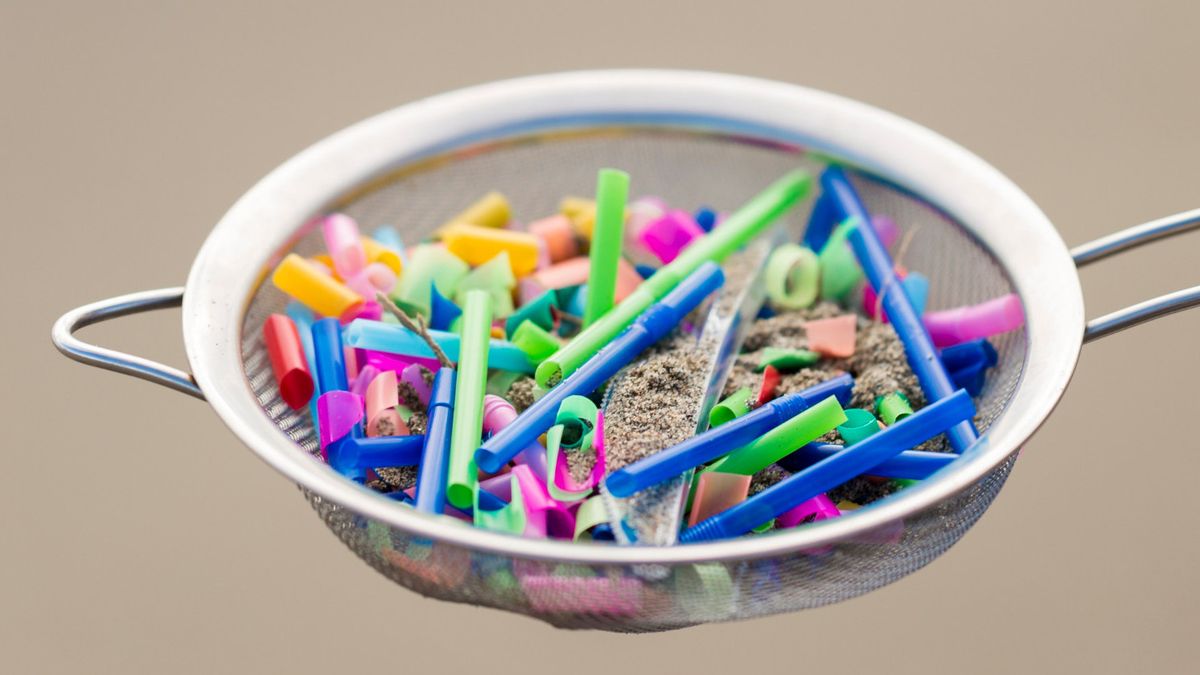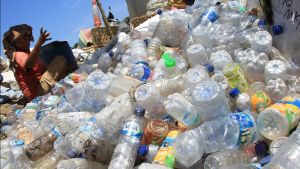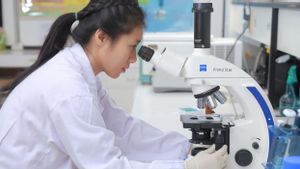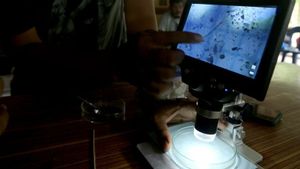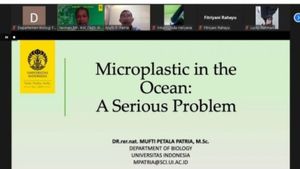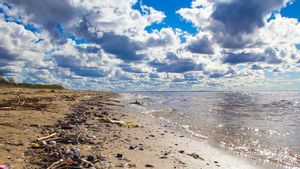YOGYAKARTA Lots of things at home made from plastic. Among them are plates, spoons, drinking places, and others. Plastics have been produced since the 1950s and continue to be produced which function in the use of everyday goods. It is estimated that in 2050, plastic production will increase by four times. This means it has an impact on the environment, as well as on the body, which not many people know about.
Microplastics are pieces of plastic that are less than five millimeters in size. Some microplastics were initially small during production. Examples are abrasive materials for sandblasting in the context of the industry or beads used in facial scrubs. Split plastics, originally from large plastic materials, but can fall out and are harmful to health.
Microplastics made of natural processes, will continue to decay to be like dust. When plastic becomes small fragments, it is almost impossible to distinguish from the natural environment. These small particles, ubiquitous, include water, soil, and air. It is even possible that there is plastic in your diet. Launching WebMD, Wednesday, June 26, on average Americans may eat, drink, and inhale more than 74,000 microplastic particles every year.
The impact of microplastics in the body is difficult to assess because the level of exposure depends on how you live your daily lifestyle. As well as how to interact with several plastic materials every day. Three main impacts when exposed to microplastics, including:
Although there has not been much research on how microplastics affect the body. It is known that larger pieces of plastic are dumped through dirt and the absorption of smaller pieces of plastic is rarer.
SEE ALSO:
To prevent microplastics from having a bad impact on health, you can do things, among others, by living a plastic-free lifestyle. But it seems impossible. So what can be done? Here's how to reduce microplastics.
That's an explanation of what microplastics is and how to reduce them. It's also important not to use disposable plastic equipment. Also avoid disposing of plastic waste not separated from organic waste.
The English, Chinese, Japanese, Arabic, and French versions are automatically generated by the AI. So there may still be inaccuracies in translating, please always see Indonesian as our main language. (system supported by DigitalSiber.id)
